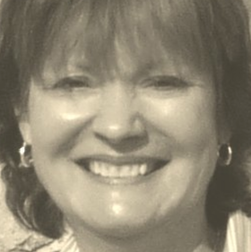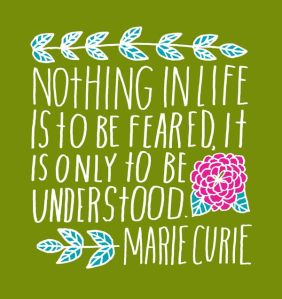Today we launch our latest course, Violence, Myth, and Scripture with Suzanne Ross, and it’s seems a timely class to be offering, in the midst of the troubled events of recent weeks. Using  Rene Girard’s Mimetic Theory, Suzanne corrects some common misconceptions about violence in our faith tradition, and explains the difference between myths (where violence is naturalized) and scripture (where violence is highlighted, for a purpose). In this course, she reminds us that violence is not sacred or of God; rather, it is a symptom of our fallen state, and an illness that grieves God. It’s an affliction that we Christians are called both to understand and to begin to remedy.
Rene Girard’s Mimetic Theory, Suzanne corrects some common misconceptions about violence in our faith tradition, and explains the difference between myths (where violence is naturalized) and scripture (where violence is highlighted, for a purpose). In this course, she reminds us that violence is not sacred or of God; rather, it is a symptom of our fallen state, and an illness that grieves God. It’s an affliction that we Christians are called both to understand and to begin to remedy.
We invite you to take this course as a way to begin effecting change in our troubled nation. It’s also available in For Groups format for small-group use. Click here for more information or to register.
Suzanne Ross is an expert in mimetic theory. She is an author, respected lecturer, and co-founder of The Raven Institute.










